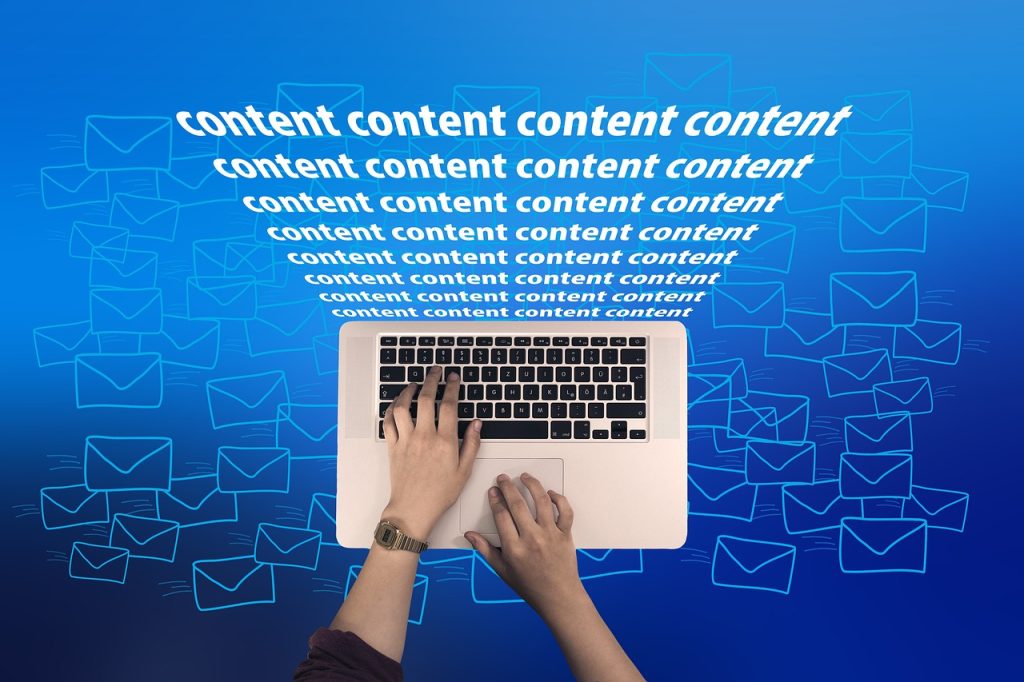Table of Contents
Artificial Intelligence (AI) is transforming the media landscape by generating content that ranges from news articles and marketing copy to entire scripts and creative works. As AI technologies advance, their role in content creation raises questions about quality, authenticity, and the future of journalism and media production. This article explores the impact of AI-generated content in media, its benefits, challenges, and the implications for the industry.

1. Advancements in AI Content Generation
AI technologies, particularly Natural Language Processing (NLP) and machine learning algorithms, have made significant strides in generating coherent and contextually relevant content.
- NLP Models: Advanced NLP models like GPT-4 and other language generation systems can produce text that mimics human writing. These models can generate articles, summaries, and reports with a high degree of accuracy and fluency. For instance, news agencies use AI to create sports scores summaries or financial reports.
- Creative Content: AI is also being used to create more creative content, such as poetry, music, and even screenplays. Tools like OpenAI’s DALL-E generate images based on textual descriptions, while AI-driven music composition tools create original pieces of music.
2. Benefits of AI-Generated Content
AI-generated content offers several advantages for media organizations and content creators, including efficiency, scalability, and cost-effectiveness.
- Efficiency and Speed: AI can produce large volumes of content quickly, which is particularly useful for generating news articles or content updates in real-time. This efficiency helps media organizations keep up with the fast-paced nature of news reporting and content dissemination.
- Cost Savings: Automating content generation can reduce costs associated with human labor. AI can handle repetitive and data-driven tasks, freeing up human writers and editors to focus on more complex and creative aspects of content production.
- Personalization: AI algorithms can analyze user data to create personalized content tailored to individual preferences and interests. This level of personalization enhances user engagement and satisfaction by delivering content that resonates with specific audiences.
3. Challenges and Concerns
Despite its benefits, AI-generated content presents several challenges and concerns, particularly related to quality, authenticity, and ethical implications.
- Quality and Accuracy: While AI can generate content quickly, it may not always ensure high quality or accuracy. AI-generated content can sometimes contain factual errors, misleading information, or lack the nuanced understanding that human writers bring. Ensuring the accuracy of AI-generated content requires rigorous fact-checking and editorial oversight.
- Authenticity and Trust: The use of AI in content creation raises questions about authenticity and trust. AI-generated content may lack the human touch and personal perspective that often add value to journalism and creative works. Ensuring transparency about the use of AI and maintaining a balance between automation and human input is crucial for preserving trust in media.
- Ethical Considerations: AI-generated content can be misused to create misleading or harmful information, such as deepfakes or fake news. Addressing ethical concerns and developing guidelines for responsible AI use in media are essential for mitigating potential risks and ensuring ethical standards.

4. Impact on Journalism and News Reporting
AI-generated content is reshaping journalism and news reporting by changing how news is produced and consumed.
- Automated Reporting: AI is increasingly used for automated reporting, especially for routine and data-driven news stories. This includes financial reports, sports results, and weather updates. While this automation can enhance efficiency, it also raises concerns about the reduction of in-depth investigative journalism and human storytelling.
- Editorial Oversight: The rise of AI-generated content necessitates strong editorial oversight to ensure the accuracy and reliability of news reports. Media organizations must implement robust fact-checking processes and maintain editorial standards to uphold journalistic integrity.
5. AI in Creative Industries
Beyond news, AI is making its mark in creative industries, including literature, film, and music.
- Creative Writing: AI tools are being used to assist writers in generating story ideas, drafting content, and overcoming writer’s block. While AI can provide creative suggestions, human writers remain essential for adding unique perspectives and emotional depth.
- Film and Music: AI is used to create scripts, generate music, and even produce visual effects. AI-driven tools can analyze trends and audience preferences to create content that aligns with current interests. However, the role of human creativity and artistic vision remains crucial in the production of high-quality and impactful creative works.
6. Future Implications and Trends
The future of AI-generated content in media will likely see continued advancements and integration, with potential implications for the industry.
- Increased Integration: AI is expected to become more integrated into media production workflows, enhancing both efficiency and creativity. Media organizations will likely adopt AI tools to streamline content creation, improve personalization, and analyze audience data.
- Evolving Roles: The roles of journalists, writers, and content creators may evolve as AI takes on more routine tasks. Human professionals will focus on strategic, creative, and analytical aspects of content production, while AI handles data-driven and repetitive tasks.
- Regulation and Ethics: The development of regulations and ethical guidelines for AI use in media will be crucial in addressing concerns related to misinformation, transparency, and accountability. Establishing best practices and industry standards will help ensure responsible AI use and maintain public trust.

Conclusion
AI-generated content is transforming the media landscape by offering new opportunities for efficiency, scalability, and personalization. While AI brings several benefits, including cost savings and rapid content production, it also presents challenges related to quality, authenticity, and ethical considerations. As AI continues to evolve, media organizations must balance automation with human expertise, maintain high standards of accuracy and integrity, and address ethical concerns to harness the potential of AI while preserving the value of human creativity and journalism. The impact of AI on media is profound, shaping the future of content creation and consumption in the digital age.